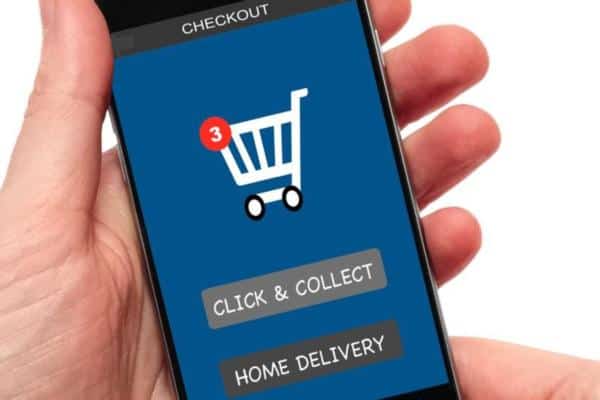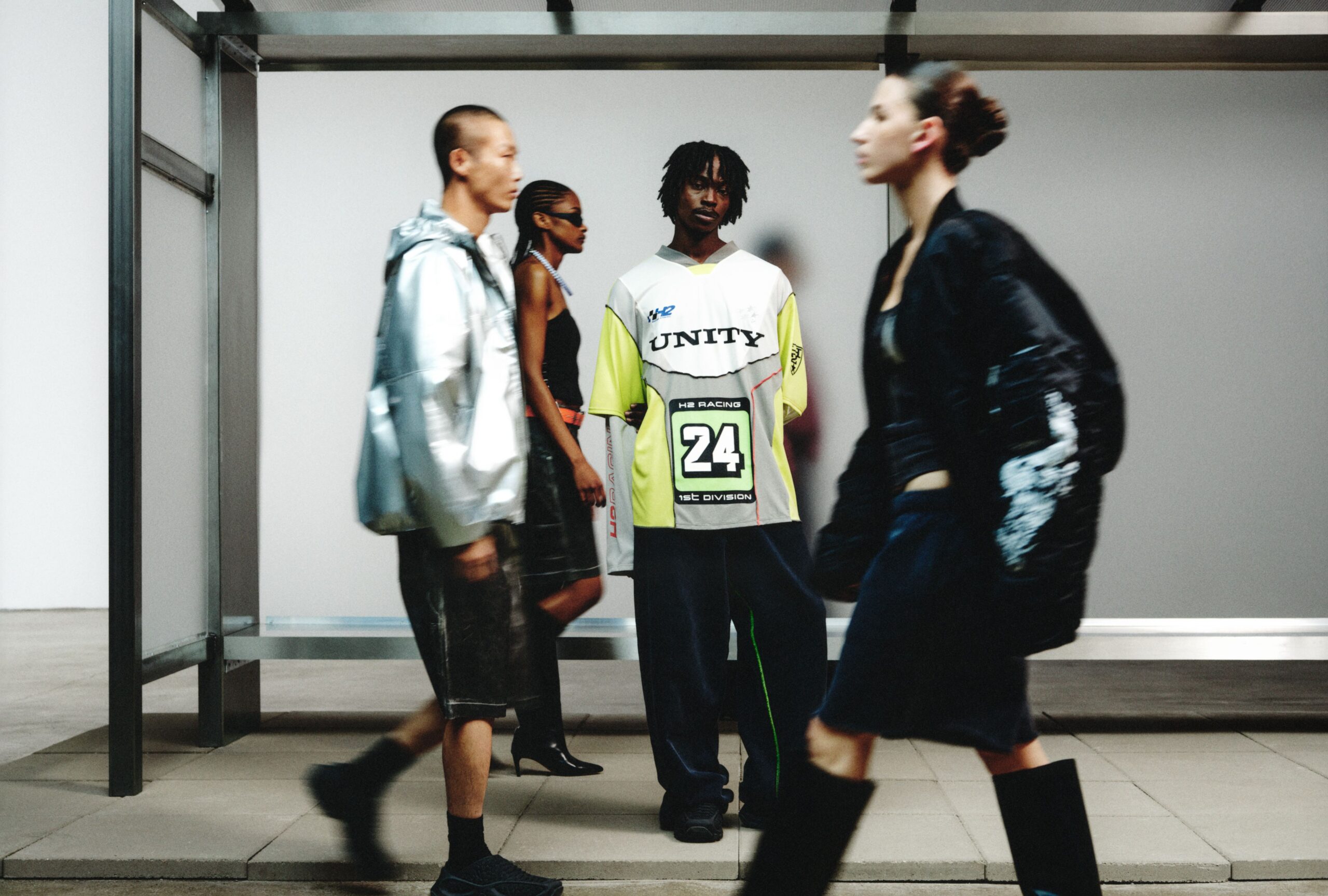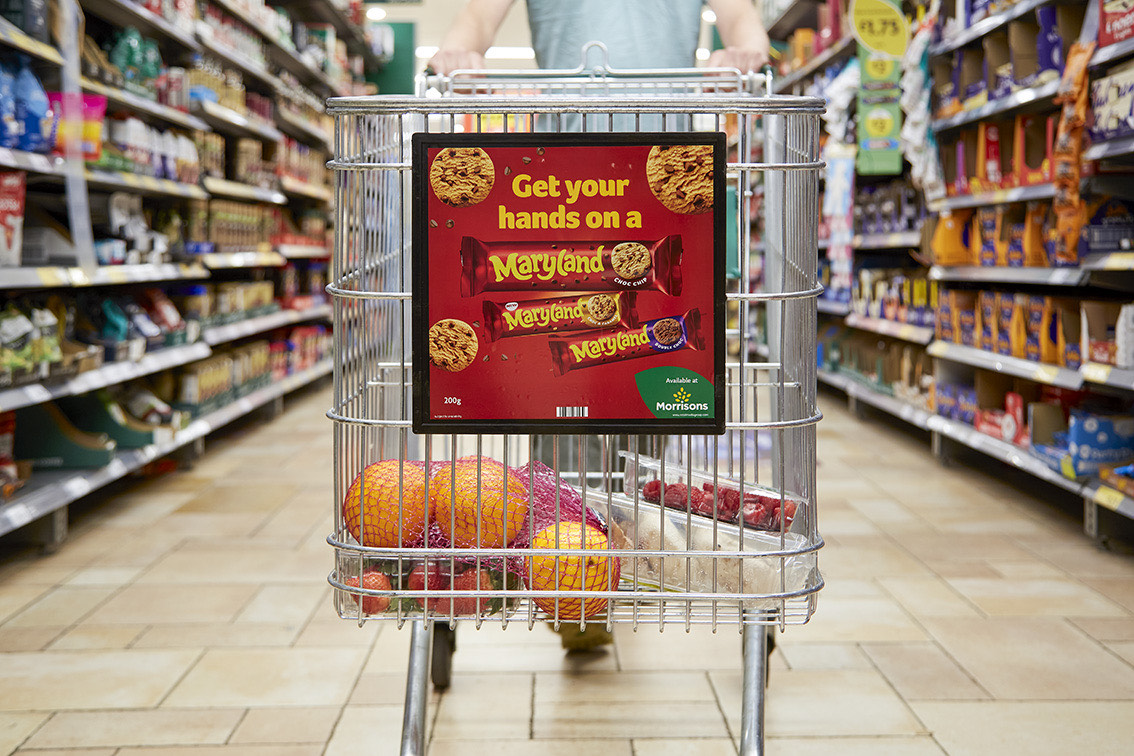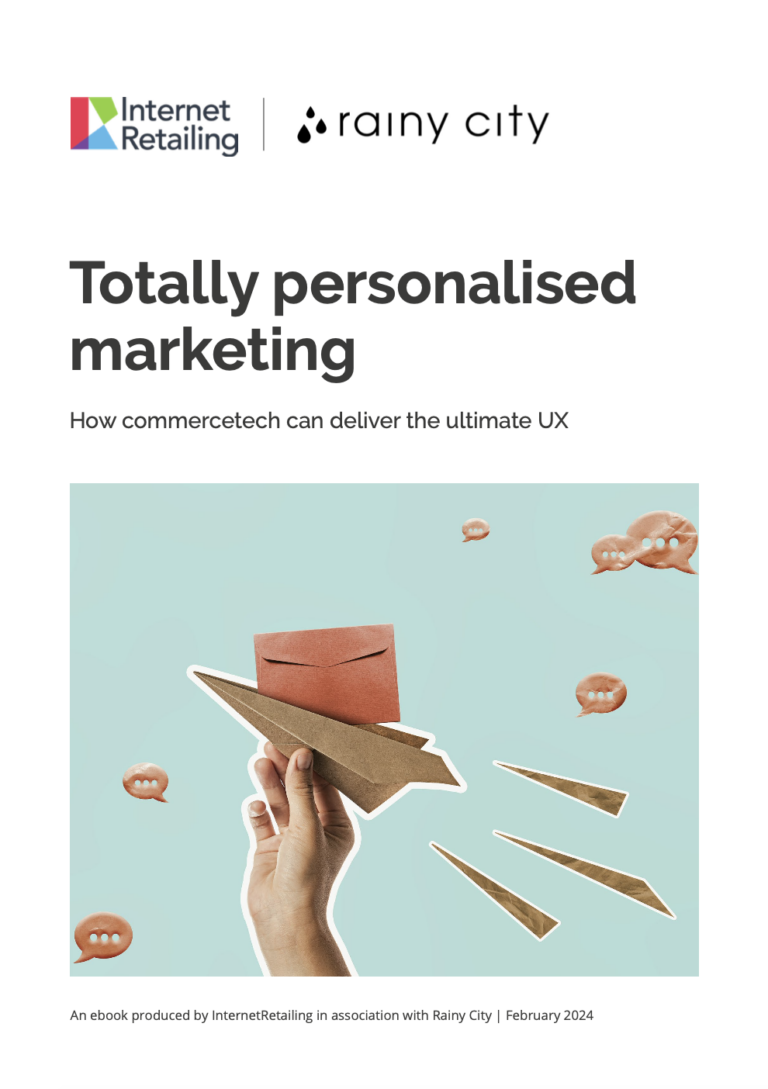Plans by John Lewis Partnership to halt click & collect services, along with the announcement by the Scottish First Minister that it, along with certain take away services, are to be stopped across Scotland have been met with disappointment by the retail industry.
John Lewis has put a halt to its click & collect services across the UK as part of a drive to help the government drive down non-essential travel, while in Scotland, all click and collect services have been closed down to again help stop the spread.
However, both the British Retail Consortium (BRC) and the Scottish Retail Consortium (SRC) are warning that this could prove disastrous for the already beleaguered retail industry and, if the ban widens, could prove costly for the UK’s retail industry.
Tom Ironside, Director of Business & Regulation at the BRC, says: “Click-and-collect is a used by a wide array of companies and allows the public to get many of the goods they need in a safe, convenient and timely manner. Retailers have implemented systems to ensure people are kept safe while queuing and collecting goods, and we have seen no evidence to suggest otherwise. Preventing people using click-and-collect services would harm the viability of many retailers, already suffering under lockdown, as well as severely limiting the choice for some consumers.”
David Lonsdale, Director of the Scottish Retail Consortium, is more forceful. He says: “The situation with the pandemic is fast moving and we fully recognise government wants people to stay home. However these further revenue-crushing restrictions and the fresh complexity they bring, together with constant chopping and changing to the Covid Strategic Framework, are disconcerting and come at an incredibly difficult time for retail.”
He continues: “Firms operating click and collect or food-to-go takeaway have taken every reasonable step to make their operations as safe as possible, complying with every twist and turn to government guidance and often at pitifully short notice. They have demonstrated they can operate safely and have invested significantly to make their premises Covid-secure, and it appears no evidence to the contrary has accompanied this announcement.”
He says: “The businesses affected – who have already lost much of their income during the crisis – are trying to make the best fist possible of the current severely curtailed trading conditions, and that just got even harder as a result of this decision which will add to their cash flow woes.
“The blunt reality is that the taxpayer-funded grant support on offer won’t make up for lost sales and firms’ mounting bills and debt during this pandemic. Even when we eventually emerge from lockdown shops will be unable to trade at capacity due to physical distancing and caps on numbers in stores, while the threat of a return to full business rates liability in April still looms. Decisive action is urgently required to extend rates relief into 2021-22 and avoid April’s reverse cliff edge which will see 100% reinstatement of business rates.”
Lonsdale adds:“It’s vital shoppers continue to play their part, by shopping considerately, where possible alone, wearing face coverings, and following in-store signage. These are incredibly difficult times and it’s up to everyone to follow the rules to keep us safe and the virus at bay.”
His views are echoed by Andy Mulcahy, Strategy and insight director at IMRG, who says: “Click & collect has grown in importance as a convenient and cost-effective solution – both for retailers and customers – over a number of years, but 2020 suddenly thrust it into an existential crisis. It was not just stores being shut, but shoppers’ willingness to go to any kind of pick-up point was greatly diminished. UK shoppers have always had a strong preference for home delivery, which has been underscored by the pandemic, as behaviours are being shaped that will stick long-term. It might be that innovation in click and collect is required, once (if!) this all clears up to incentivise its use again, but it surely will continue in some form as the potential benefits are so strong.”
John Lewis said yesterday when it announced the cessation of its click & collect services, along with all its in home installation services, that it was keen to help reduce all unnecessary mixing.
Andrew Murphy, Executive Director, Operations said: “We are acutely aware that the country is at a critical point in the pandemic and are constantly thinking about how best the Partnership and our Partners can play our part in limiting the spread and impact of the virus.”
He adds: “We’ve listened carefully to the clear change in tone and emphasis of the views and information shared by the UK’s governments in recent days. While we recognise that the detail of formal guidance has not changed, we feel it is right for us – and in the best interests of our Partners and customers – to take proactive steps to further enhance our covid-security and related operational policies.”
He says: “We will reduce the range of services we are offering to carry out in customers’ homes, focusing only on those which are essential in order for customers to maintain their health and wellbeing and that of their families. We also want to help the national effort by removing reasons for non essential travel, so we have decided to suspend Click & Collect services from our John Lewis shops.”
But the threat to this service – vital to both consumers and retailers – is seen now as severe. Hayley-Jayne Cone, chief customer officer at experiential relationship management (XRM) firm JRNI comments: “There is no need to suspend click and collect completely. It is a minority of irresponsible retailers and consumers that are causing click and collect chaos”.
She adds: “Physical queues are unnecessary and potentially unsafe at the moment. Many retailers are using a combination technology, good customer service, and common sense to ensure that safe shopping experiences can continue. Many of our customers are offering kerbside pick-up rather than click and collect, so the shopper never has to leave their car. That way, so long as staff are following protocol, it is a COVID secure way to keep stores trading and both customers and staff safe.”










